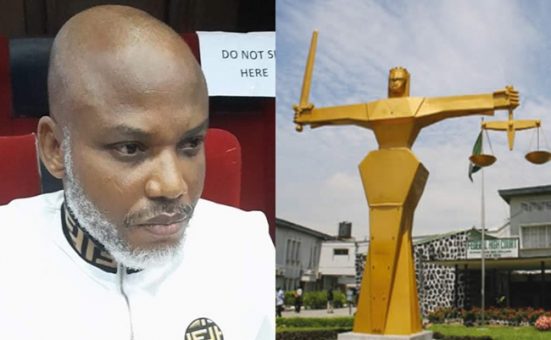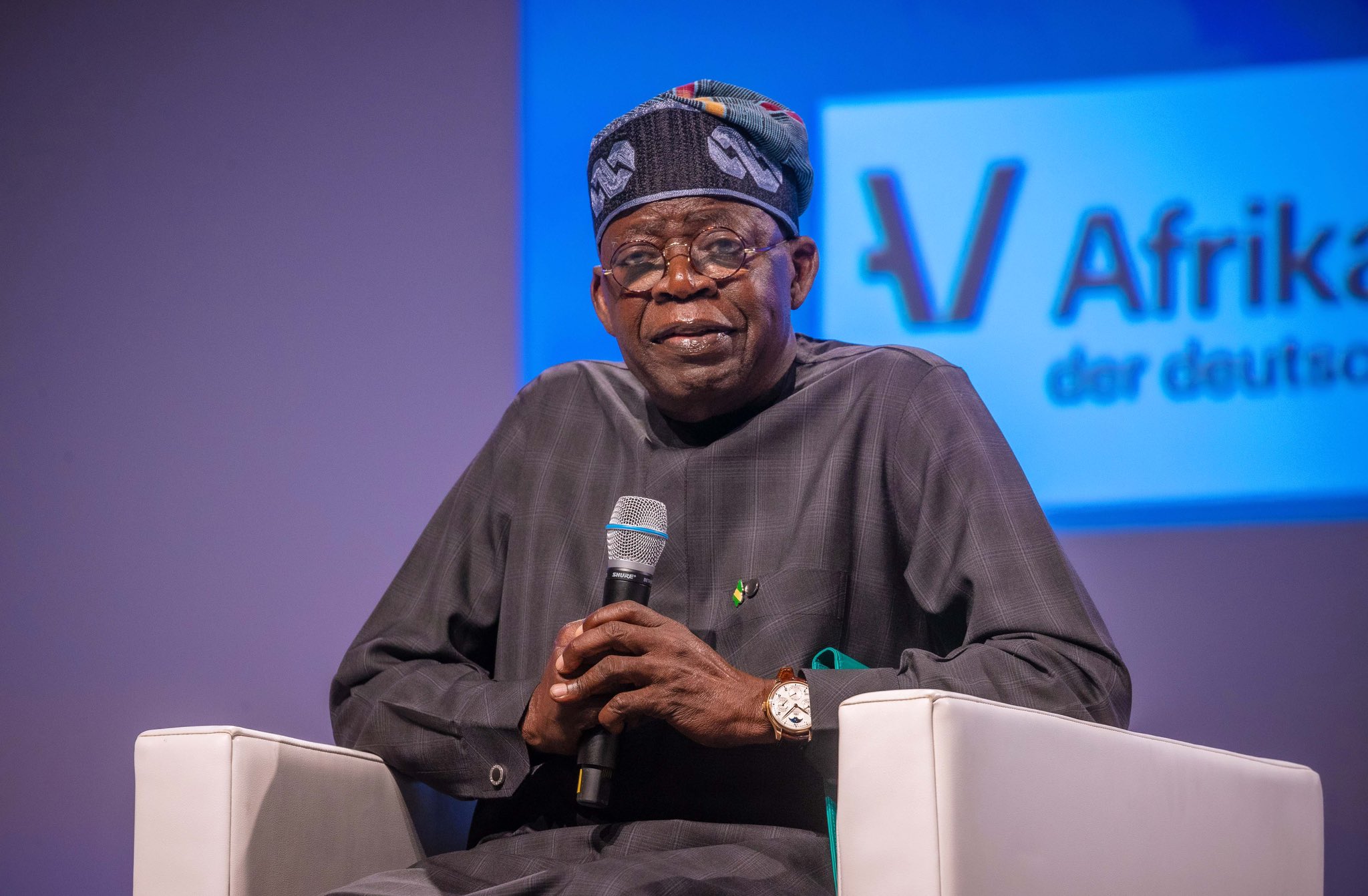By Evans Ufeli Esq
Today in Nigeria, the reported detention of Prince Emmanuel Kanu, Barrister Aloy Ejimakor, and ten others with the prosecutor allegedly having vanished and courts repeatedly adjourning should alarm every citizen who values due process.
This is not an administrative hiccup: it is a sustained erosion of liberty that wears the mask of procedure. When a prosecutor disappears from a case, when hearings are adjourned week after week, and when accused people are left in custody without meaningful progress, the justice system ceases to function as a mechanism for truth and becomes an instrument of coercion.
The presumption of innocence, the right to a speedy trial, and the prohibition on arbitrary detention are foundational legal guarantees. They are not privileges to be suspended at will. Holding people behind bars indefinitely because of prosecutorial absence and continuous adjournments undermines those guarantees and violates both domestic constitutional standards and international human rights norms to which Nigeria is a party.
Procedural form cannot substitute for substantive justice.
There are simple standards that should be non-negotiable. Accused persons must have timely access to counsel, the court must set realistic and enforceable timetables for the prosecution to present its case, and judges must exercise their authority to prevent abuse of process.
If a prosecutor cannot proceed, the court should explore alternatives: appointing a replacement, allowing defense motions for release, or dismissing charges where undue delay cannot be justified. Silence and inertia are not neutral; they are complicit.
Civil society, the legal community, and the media have crucial roles to play. The Nigerian Bar Associations must speak out to defend the integrity of the profession and to demand clarity about why prosecutions stall.
Journalists should investigate and report on the facts; who is responsible for the delays and what lawful or unlawful reasons exist for continued detention. Human rights organizations can monitor conditions, provide legal assistance, and pressure authorities to comply with due process.
At the same time, we must resist simplistic binary narratives. Allegations against individuals should be investigated thoroughly and fairly.
But fairness demands that investigations and trials occur within a framework that respects fundamental rights. Justice delayed by design becomes justice denied.
The independent judiciary must demonstrate that procedure will not be used as a tool of punishment without adjudication.
Prosecutors must be accountable for the timely and ethical handling of cases. And the executive should ensure that detention facilities and prosecutorial services function in a way that respects human dignity.
Read Also;
Nnamdi Kanu: Abuja grounded as security men teargas protesters
Lagos re-arraigns kidnap kingpin Evans over two cops’ murder
Citizens must remember that rights do not evaporate in the face of bureaucratic dysfunction. If we accept administrative inertia as a substitute for legal accountability, we normalize arbitrary state power.
Democracy and the rule of law depend on persistent public insistence that liberty be protected, lawyers and judges uphold their duties, and the state answer for every person it detains.
In a society committed to justice, no one should be left behind bars while the system pretends to work. Speak up, mobilize, and insist that due process be restored without further delay.
I shall go to Rabbi again




